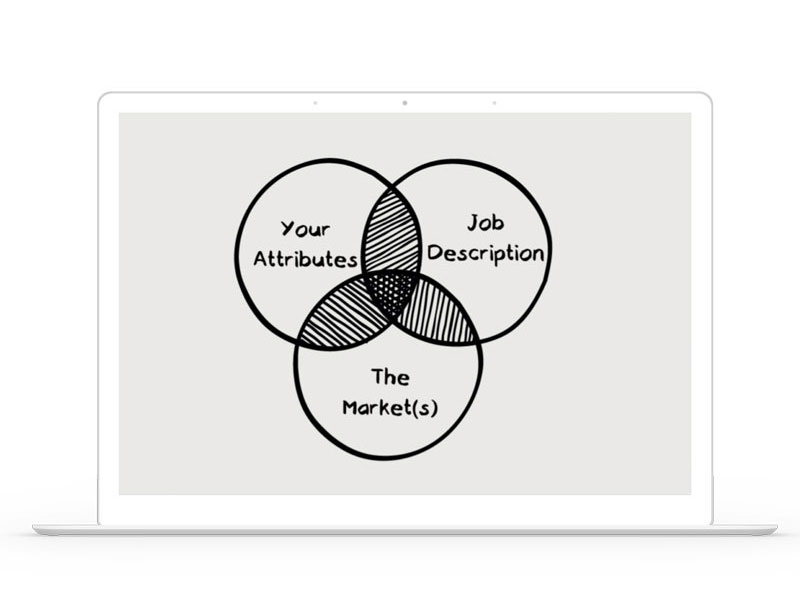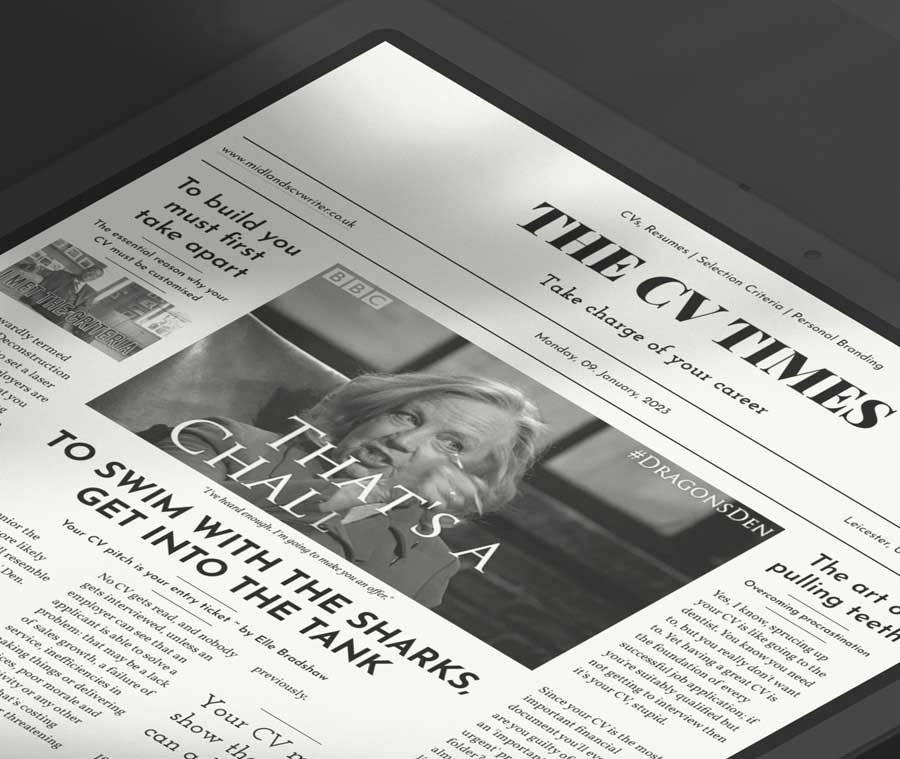Steer Clear of Application Missteps:
⇒ Ignoring Applicant Tracking Systems (ATS)
The primary hurdle is applicant tracking systems (ATS), which reject up to 70% of CVs at the initial screening for failing to align with the employer’s selection criteria, signalling the imminent end for generic CVs.
⇒ The 'obviously AI' application
Relying heavily on generative AI for job applications can be a double-edged sword, particularly for senior executives. While AI can streamline the process and produce polished content, it often lacks the nuance, depth, and personal touch that recruiters value. Overusing AI risks creating applications that feel generic, fail to address specific selection criteria, and overlook cultural fit—essential elements for executive roles.
AI-generated content can also create inconsistencies between your written application and your interview performance, potentially casting doubt on your authenticity and capabilities. As companies enhance their algorithms to detect overly robotic or formulaic responses, the risk of blending into the AI-generated crowd becomes ever greater.
It’s crucial to blend the efficiencies of AI with your own insights, experiences, and strategic vision, ensuring that your application not only meets the employer's needs but also resonates with a human touch.
⇒ The One-size-fits-all CV
Using the same CV for multiple executive applications, even with a tailored cover letter, is a critical mistake. It’s unlikely to pass an ATS and won’t impress recruiters. Instead, tailor your CV for each role, highlighting how your unique skills and experience make you the ideal candidate.
⇒ Mismatch with Selection Criteria
An executive CV that fails to reflect the specific attributes and experiences outlined in the job advert signals to employers that you’re not a serious candidate. To stand out, your CV must be meticulously tailored to align with the employer’s selection criteria.
⇒ Not Researching the Employer
At the executive level, employers expect you to have thoroughly researched their culture, ethos, strategy, market position, and competitive landscape. These unwritten selection criteria should be thoughtfully integrated into your application documents to demonstrate your suitability, insight, and ingenuity.
⇒ Being Too British
Avoid writing in a tone that is too British for a multinational audience. British understatement, indirect phrasing and modesty can read as uncertainty to American boards, excessive caution to European owners and muted authority to Asian decision makers. When foreign owned employers interpret tone as evidence of confidence, leadership style and cultural fluency, even well qualified candidates can appear less impactful than they are. The danger lies not in British English itself but in assuming it is universally neutral. In global hiring, tone becomes a filter through which competence is judged, and misalignment can quietly rule strong candidates out.
⇒ Not Emphasising Transferable Skills
In cases where your direct experience is lacking in certain areas, demonstrating the effectiveness of your transferable skills is essential. Employers value candidates who can adapt their expertise to new challenges and achieve results. By highlighting these skills—be it leadership, strategic thinking, or problem-solving—you can bridge gaps in your experience and convey your potential to excel in the role.
⇒ Overly Stylised CVs
Prioritise simplicity over excessive styling in your CV. Graphics-heavy or overly designed formats can confuse ATS systems, reducing your chances of success. Additionally, many organisations and jurisdictions reject CVs with photos to avoid potential claims of bias related to gender or ethnicity.
To avoid the pitfalls and boost your chances of an interview, focus on crafting a CV that is not only clear and concise but also accomplishment-focused, bespoke for the job in question, and compatible with ATS requirements.






